
Every couple argues, but not all arguments are created equal. Some disagreements quietly chip away at connection, trust, and emotional safety. These aren’t the loud, explosive fights, they’re the recurring patterns that breed resentment over time. Understanding which arguments are actually red flags is essential for long-term health in any relationship. Here are seven of the most damaging, plus why they matter.
The “You’re Overreacting” Argument

When one partner tells the other they’re too emotional or overreacting, it can dismiss genuine feelings. This phrase shuts down communication instead of opening it. Over time, it makes someone feel unseen and invalidated. It teaches them that their emotions aren’t safe to express. That emotional silence can be more destructive than yelling.
The “Who Does More” Debate
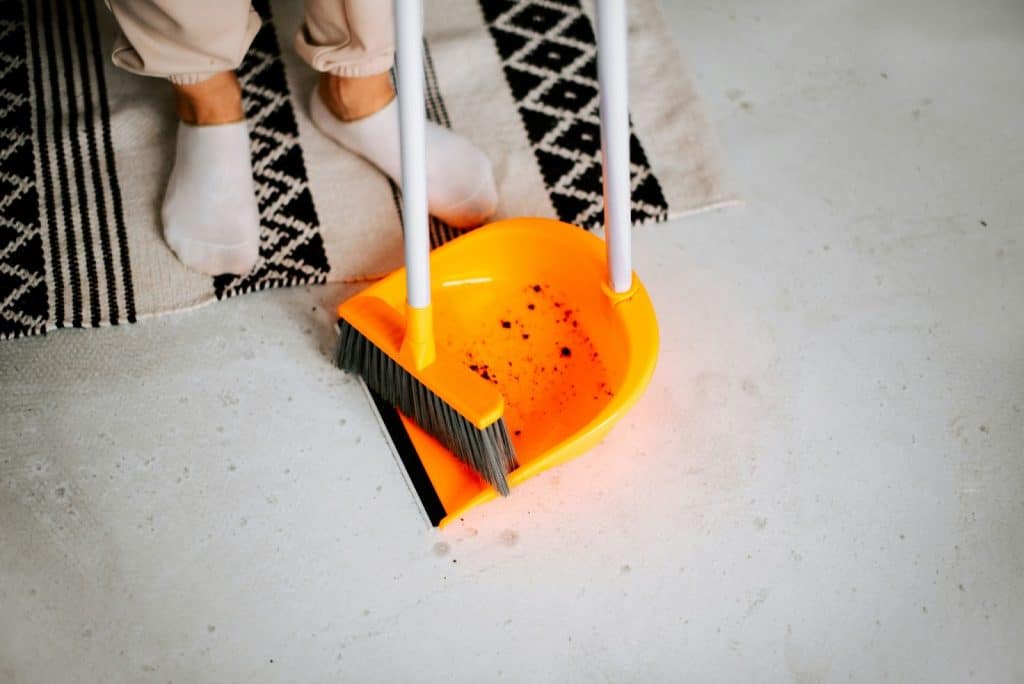
This argument isn’t really about dishes or chores, it’s about fairness and feeling appreciated. When one person always feels like they’re carrying the emotional or physical workload, resentment builds. Keeping score creates division instead of teamwork. Healthy relationships need collaboration, not constant comparison.
The “You Always / You Never” Blame Cycle

Phrases like “you always” or “you never” are rarely accurate, and always inflammatory. These sweeping generalisations turn everyday frustrations into personal attacks. They push people into defense mode, stopping productive dialogue. When blame becomes the default, empathy and growth disappear.
The “Silent Treatment” Strategy
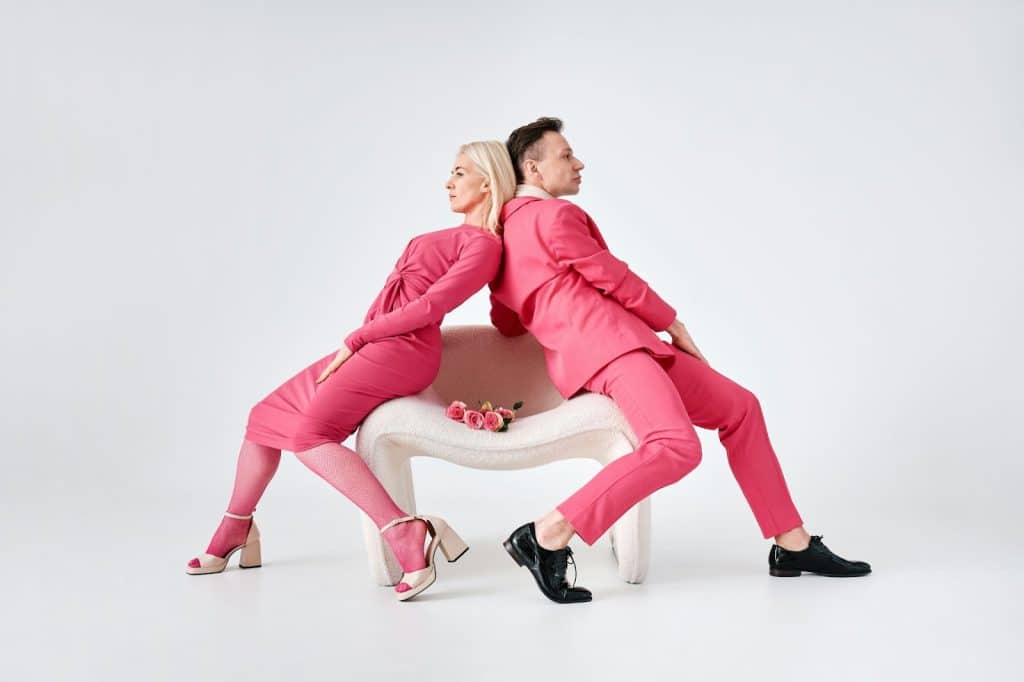
Withdrawing during conflict may seem like keeping the peace, but it often creates distance and confusion. Silence isn’t clarity; it’s ambiguity. It leaves the other person guessing and increases emotional tension. Over time, avoidance leads to emotional disconnection. Talking, even when difficult, strengthens trust.
The “Public Humiliation” Jab

Arguments taken public, especially with mocking or sarcasm in front of others, can be deeply damaging. Being ridiculed by a partner, even playfully, often signals deeper issues with respect and emotional control. What may seem like a joke can destroy trust and cause long-term emotional wounds.
The “Money Guilt” Fight

Arguments over money aren’t just about budgets; they’re often about power, control, and values. When one partner constantly makes the other feel guilty for spending or earning less, it introduces shame into the relationship. Financial trust matters just as much as emotional or physical intimacy.
The “Past Mistakes” Weapon

Bringing up old arguments or past mistakes during new conflicts creates a toxic cycle. It tells your partner that no matter how much time has passed, they will always be judged. This blocks growth and forgiveness. When old wounds are used as weapons, healing becomes impossible.
Why These Fights Are So Destructive

These arguments are damaging because they’re repetitive and unresolved. They slowly dismantle emotional safety, one dismissive comment at a time. Unlike big dramatic fights that get resolved quickly, these toxic patterns linger. They become normal, and that’s when the real damage starts.
What Healthy Disagreements Look Like
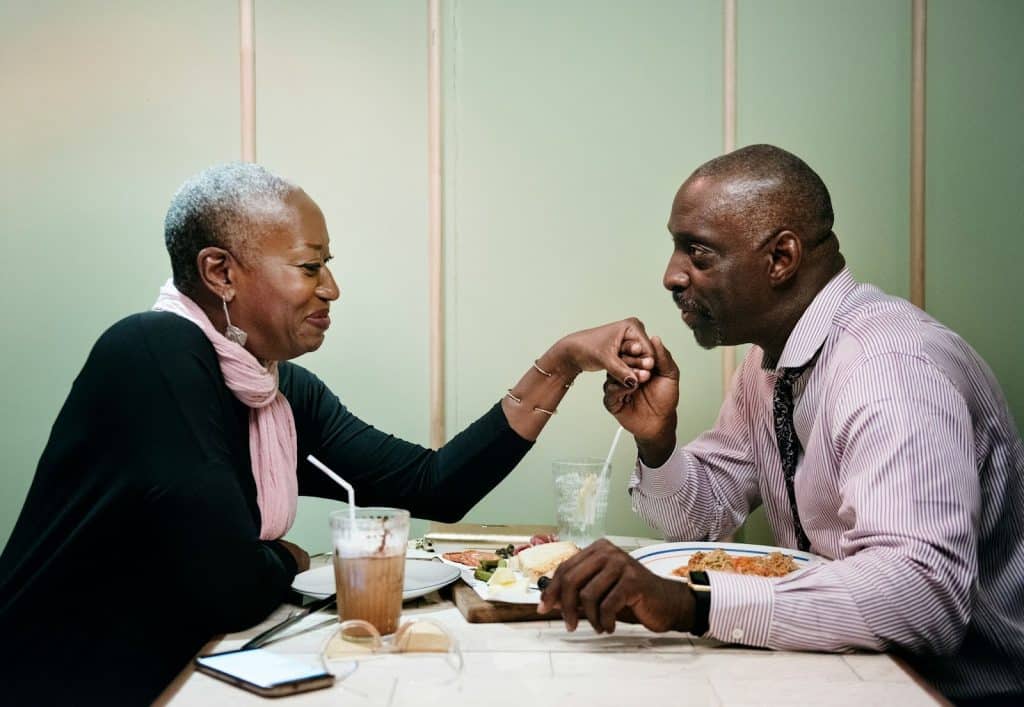
Not all fights are bad. In fact, healthy disagreements can improve intimacy and understanding. When couples argue respectfully and listen actively, they build trust. The key is staying focused on the issue, not attacking the person. Emotional safety during conflict is a sign of a mature relationship.
How to Break the Cycle

The first step to change is noticing the pattern. Once identified, both partners need to commit to communication that prioritizes empathy, clarity, and mutual respect. Couples therapy, books, and communication exercises can help. The goal isn’t to avoid all conflict, but to handle it in ways that strengthen, not weaken, the bond.
When It’s Time to Seek Help
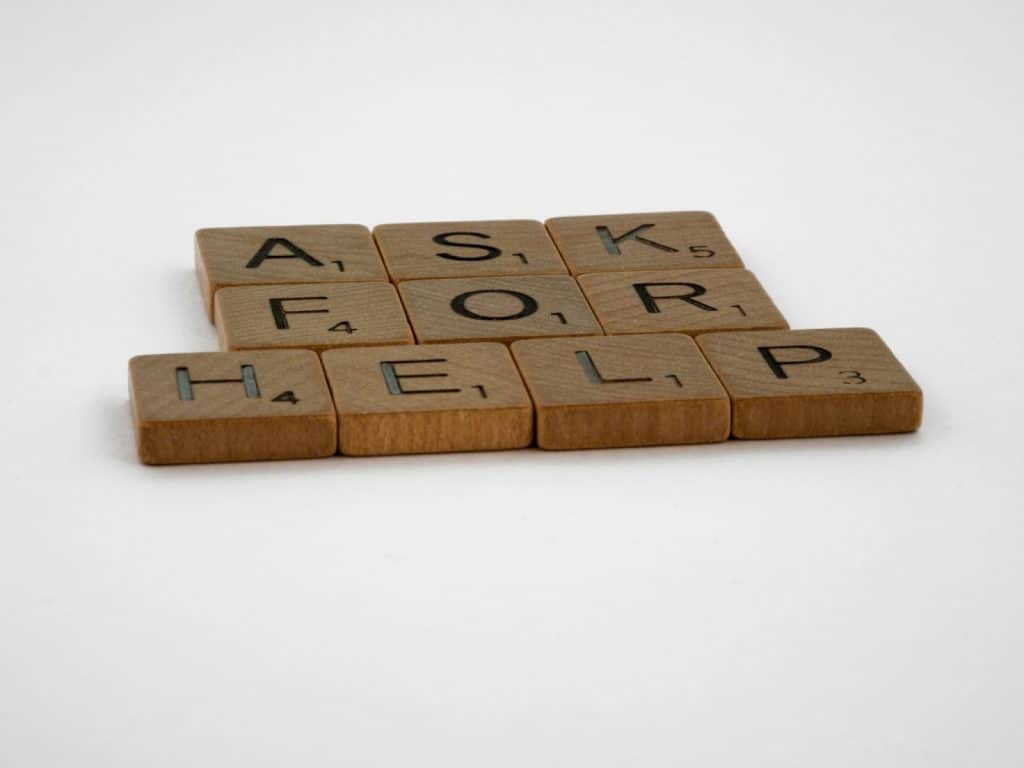
If these toxic arguments keep returning and progress feels impossible, it may be time to involve a professional. Therapists can help couples understand root issues and build better tools for connection. Seeking help isn’t failure, it’s a step toward protecting something worth saving.
Supporting a Partner Through Change
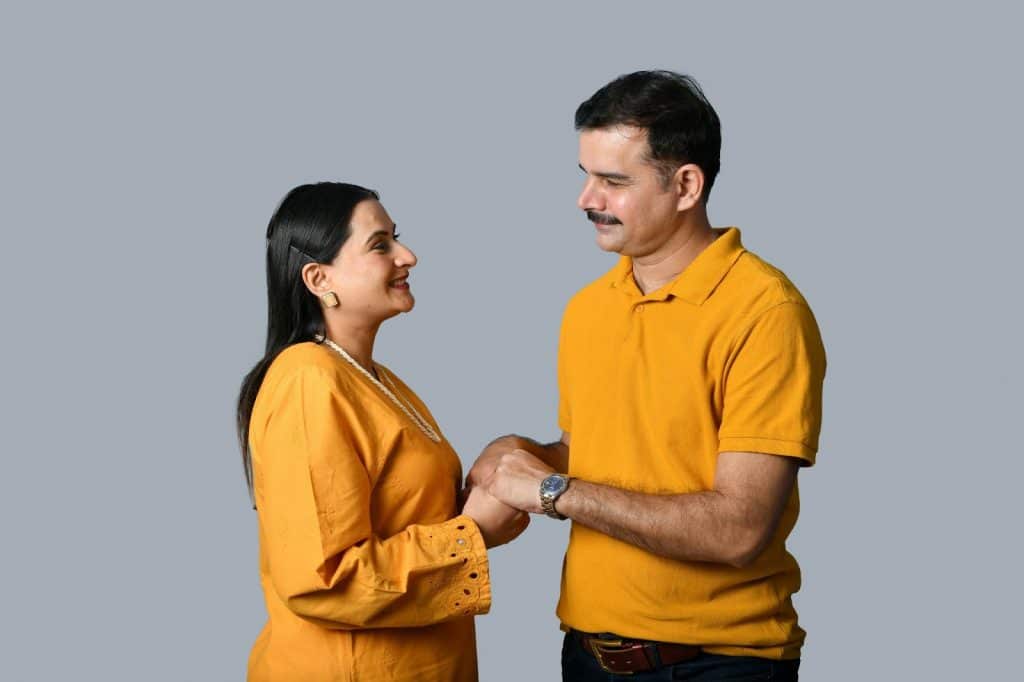
If your partner is willing to change but struggles with old habits, patience and encouragement matter. Celebrate small wins and avoid shame-based criticism. Relationships evolve best in safe, compassionate environments. Growth is hard work, and support makes it easier.
Helping a Friend in a Toxic Cycle

If someone you care about is stuck in these patterns, gently open a space for honest dialogue. Avoid blame or judgment. Instead, ask questions that help them reflect. Offering support without pressure can help someone feel less isolated and more empowered to take action.
Final Thoughts: Pay Attention Before It’s Too Late
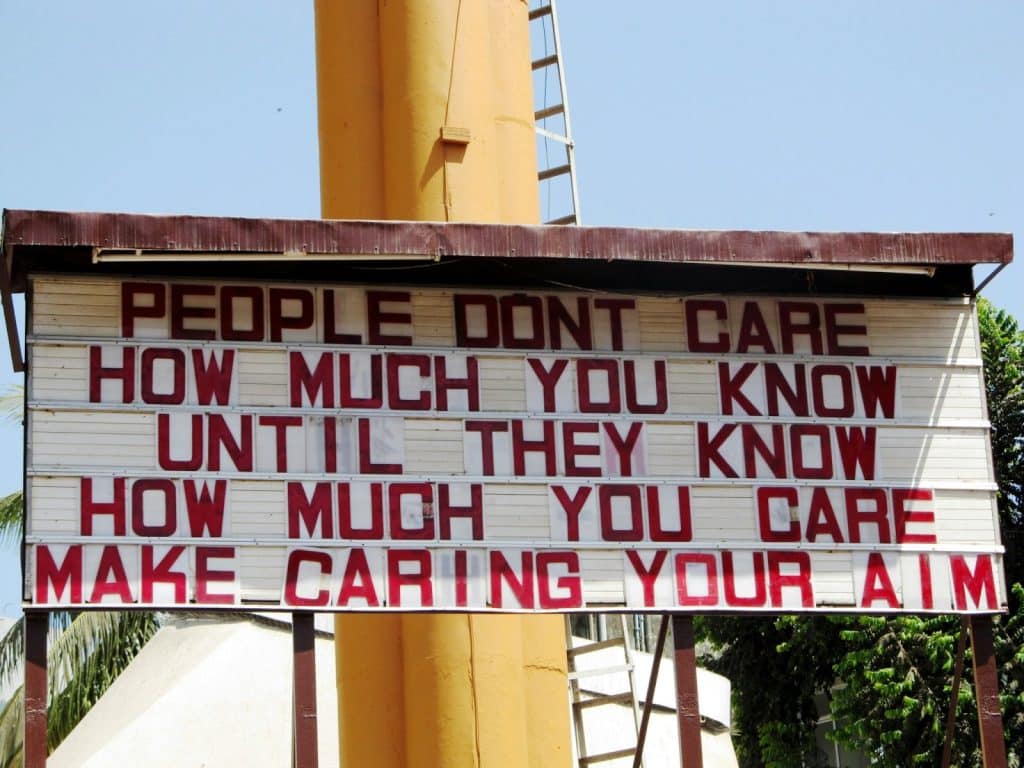
Small fights can become big problems if left unchecked. When certain arguments repeat without resolution, they wear down even the strongest connection. Healthy relationships take work, but they shouldn’t feel like emotional warzones. The earlier the pattern is addressed, the better the chance at healing and growth.






Ask Me Anything